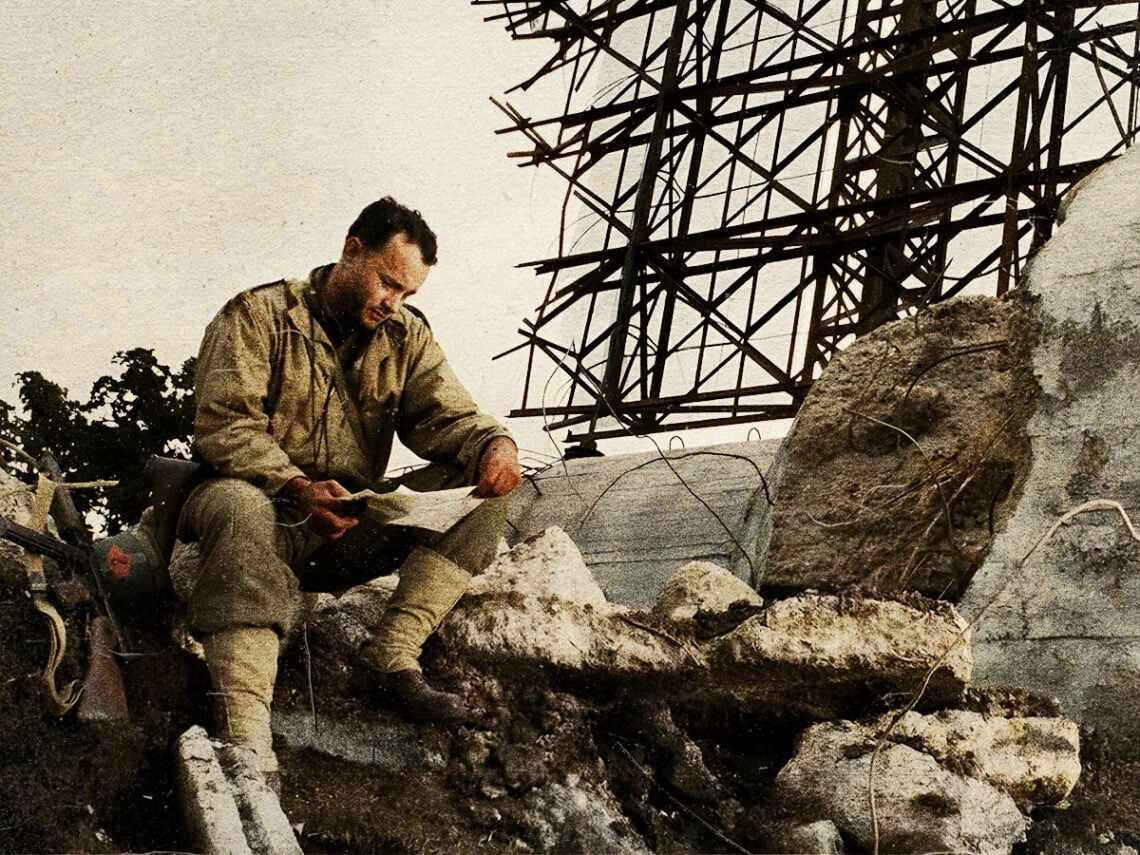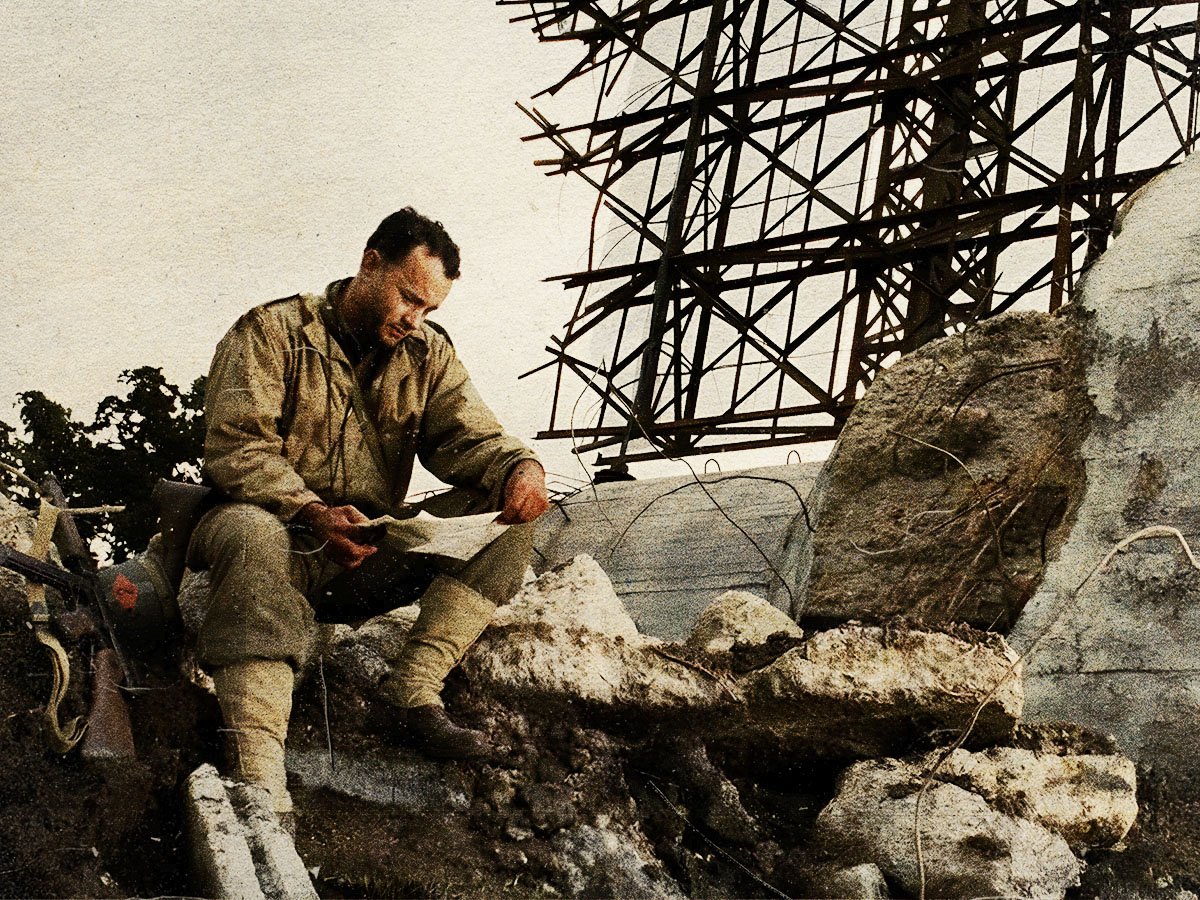
(Credits: Far Out / DreamWorks Pictures/ Paramount Pictures)
Wed 3 September 2025 20:15, UK
Only the most self-confident directors would believe without fail that their next movie is destined for box office success before audiences have even seen it, and if anyone is allowed to think that they’ve helmed a guaranteed winner, it’s Steven Spielberg.
After all, he’s the highest-grossing director in cinema history, the only one to have overseen a $10 billion filmography, and he’s the solitary filmmaker to have made the top-earning title of all time on three separate occasions, so he knows how to put his finger on the pulse of the cinemagoing population.
He’s arguably blockbuster cinema’s definitive auteur, and if he’s not, there aren’t many people not named George Lucas or George Cameron who deserve to be part of the conversation. Even when he abandons spectacle in favour of more intimate and introspective stories, because he’s Steven Spielberg, people are still going to show up.
Take Saving Private Ryan, for instance. Spielberg movies do big business, war movies can potentially do big business, and movies instantly heralded as among the best of the year, and the best in the history of their chosen genre, use buzz and word-of-mouth to earn a pretty penny at the box office and then some.
With the benefit of hindsight, it was anything but a flop. The immersive epic became the highest-grossing World War II picture ever made, and rode a wave of awards season hype to record ticket sales, and it wasn’t knocked off its perch until Christopher Nolan’s Dunkirk arrived almost 20 years later.
Still, Spielberg’s refusal to shy away from the harsh realities of war and make something so tangible, visceral, and authentic had him convinced that he’d alienate the public, concerns he relayed to his leading man early on: “On the second week, I turned to Tom Hanks, and I said, ‘Despite you being in this movie, nobody’s showing up for this picture,’” he told Kenneth Turan. “I was convinced of that.”
“I didn’t think this would be tolerable to audiences,” he explained. “I had always had a line, a line that I never crossed, that was my own measurement of my own good to bad taste. For myself, I never crossed that line, but I presumed that the audience had crossed that line 19 shots ago. And this isn’t like the end of the schedule, where suddenly you’re having this horrible attack of guilt.”
Instead, Spielberg was only two weeks into shooting when he “thought this was going to be inaccessible.” He was confident in a strong opening weekend “simply because Tom was in the movie,” but he also thought “the second weekend it would be over.” Obviously, that wasn’t the case, with the director underestimating that ticket-buying customers would continue to show up for Saving Private Ryan because it was an instant classic and a must-see experience on the biggest screen possible.
In a way, it’s classic Spielberg. He’s always been nervous when he ventures outside of his wheelhouse, and because he’d made his most violent movie yet, he didn’t think anyone would want to see it.
Related Topics

